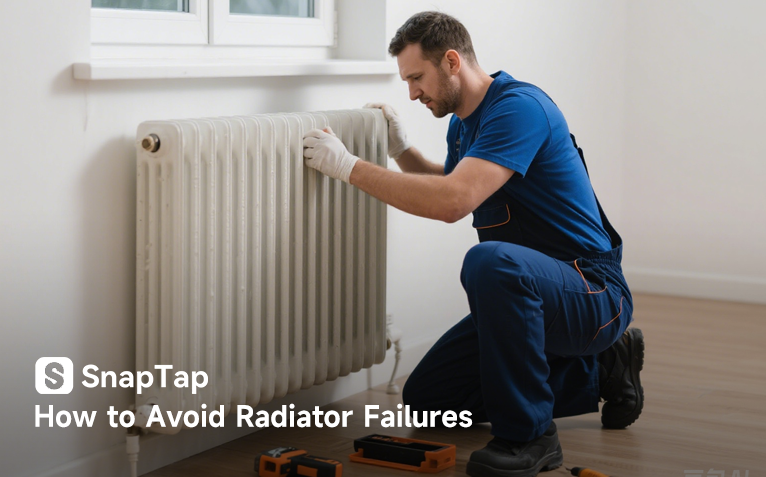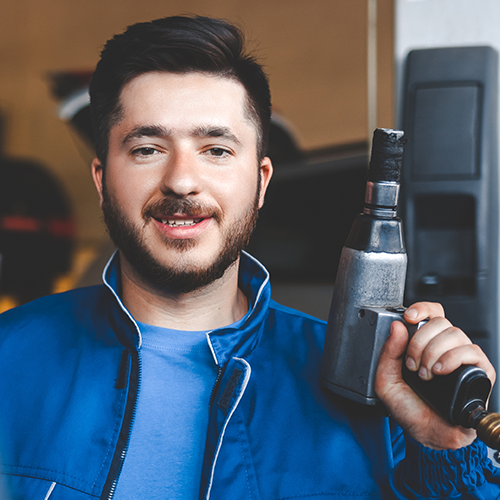
Radiator Repair or Maintenance


How to Avoid Radiator Failures

{{title}}
{{websiteArticleAuthor.name}}
{{updateTime}}

